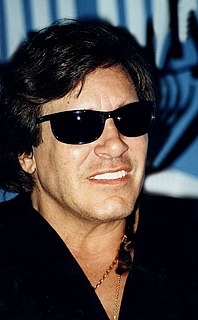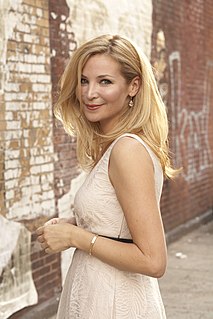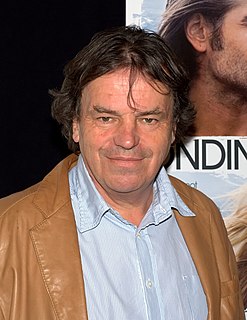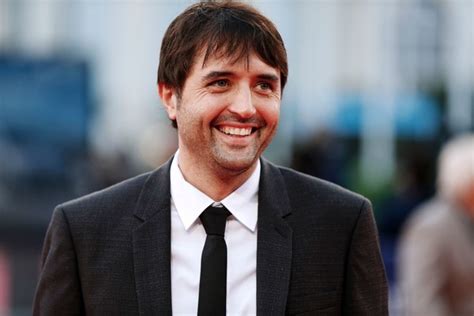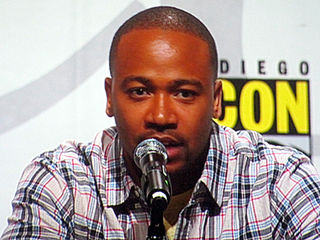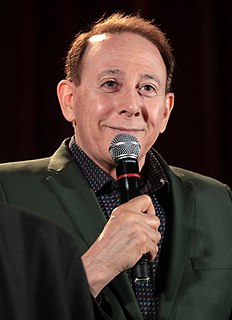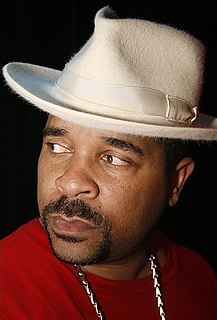A Quote by James Gray
The system is not really particularly amenable to filmmakers who write and direct their own work. It's much more about the studio already having a property that has a marketable concept and then hiring the director on board.
Related Quotes
Australia, most of the filmmakers there write a film and they direct it. There's a lot of writer/directors there, because nobody wants to write a script and then let it go when they've had that much of a personal investment to it, because you're not getting paid huge amounts of money in Australia to direct.
It's a lot to do with the Marvel ecosystem. It's different from the traditional studio system. Because it is, for how absurdly, incredibly successful they are, it is a family. It is a loving family. It is a group of people who only care about making things good. They don't choose directors who don't want to work with them in the way that they work. And the directors that they choose are better for having done it. Every director who comes out of that system are one kind when they come in, another when they come out. And they usually come back for more. They usually make more than one.
It's probably unprecedented for a filmmaker simply to take the writers' script and treat it as the instructions on the package. What really happens is you pretty much suppress your own instincts - and your own views on the matter - and write things the way filmmakers would like to have them, though the filmmakers often don't know what they want. They can only find out by reading what you do.
I take bits and pieces from every director. I'd say Sylvain [White] and Nimrod [Antal]. They were more about teaching me lens sizes and depth of field and how to move the camera and lighting. I do want to direct and I didn't go to film school, so having a director that are very much hands on that way and looking to let me learn, that is a key factor.
In the beginning this was just an idea. Then it was a short story. Then it was a script. Each step was pretty exciting to see people come on board to support the project. It's gratifying to know that more people are seeing my work in this form than my work as a playwright. And it's been fun to hear people's response to seeing it. I've been having some deep conversations with strangers and friends about how much it has made them think about slavery and its impact today.
I did it [photojournalism] as something that was really rewarding to do, given the opportunity to express myself about something I cared about, and also to learn a lot by watching filmmakers I admired. In a sense, it was my film school. After doing it for a few years, I decided that the time had come to get it together and do some work of my own. So I stopped doing that and wrote some screenplays on speculation, because even though I wanted to direct, to direct you need a lot of money.
I find that I end up liking songs if I really have an idea of something I wat to write about-some problem in my life or something I want to work through; if I don't have something like that at the root of the song, then I think I end up not caring about it as much. I gravitate towards some kind of concept or idea or situation that I want to write about. Very often I have to write, rewrite and come at it from an opposite angle...and I end up writing the opposite song that I thought I was going to write.
I feel very lucky that when I'm burnt out of acting, I take to the pen, and I write something I want to direct. And then, when I'm tired of taking on too much responsibility as a director, I then look for an acting gig. And I've made it very clear that I'm interested in voiceover work. I mean, I'm always looking for voiceover gigs. I love that.
Finally, I was called for "The Office" and I was really lucky, because a lot of the shows that I went out for I would work my way up from, like, an audition with the casting director to the director to the producers to the studio, I'd go through seven auditions, and then they'd give the role to a famous actress.



